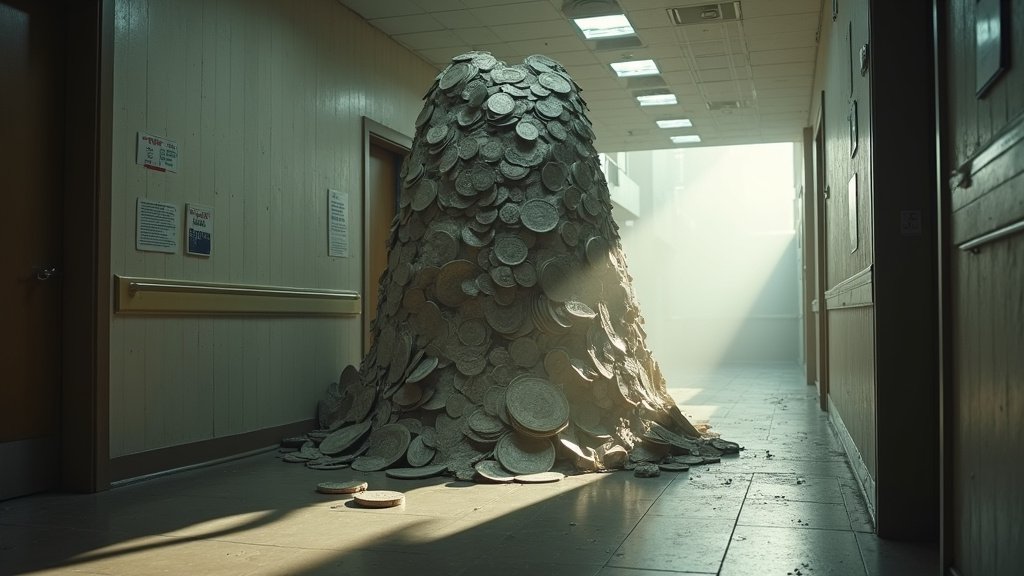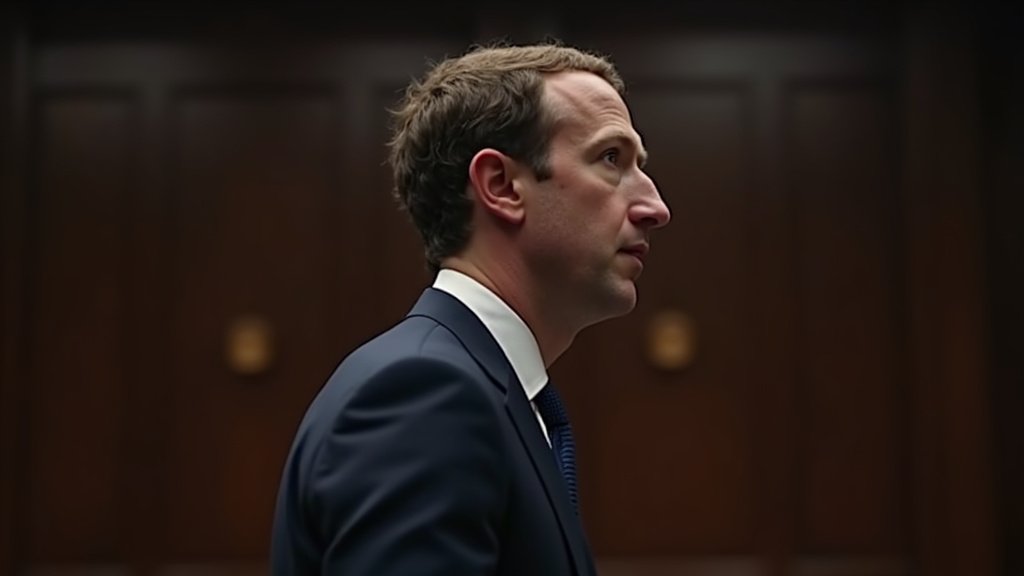Music mogul Sean “Diddy” Combs has been sentenced to four years and two months in federal prison following his conviction on two counts of transportation to engage in prostitution. The sentence was handed down by U.S. District Judge Arun Subramanian in a New York federal court on October 3, 2025. This marks a significant moment in the downfall of one of the most popular figures in the hip-hop industry.
Combs, 55, was convicted in July 2025 by a jury that acquitted him of the more serious charges of racketeering conspiracy and sex trafficking, which could have carried a life sentence. The convictions stemmed from the federal Mann Act, a law that prohibits transporting individuals across state lines for prostitution. Prosecutors had sought a sentence of over 11 years, while the defense requested no more than 14 months.
The Sentence and Its Components
Judge Arun Subramanian imposed a sentence of 50 months, which equates to four years and two months. This sentence includes credit for the 13 months Combs has already served since his arrest in September 2024. In addition to the prison term, Combs was ordered to pay a $500,000 fine, the maximum allowable for his conviction, and will face five years of supervised release upon his release from prison.
In delivering the sentence, Judge Subramanian emphasized the need for accountability, stating that “exploitation and violence against women must be met with real accountability to promote respect for the law”. He noted that the crimes persisted for an extended period due to Combs’ power and resources, which allowed him to operate undetected. The judge also acknowledged the testimony of the victims, telling them, “We heard you”.
Background of the Case
The case against Combs culminated after a high-profile trial that began in May 2025. Prosecutors alleged that for over two decades, Combs led a criminal enterprise involved in sex trafficking, kidnapping, drug distribution, and other offenses, aided by employees and associates. The prosecution presented testimony from more than 30 witnesses, including two of Combs’ former girlfriends, Casandra “Cassie” Ventura and another woman who testified under the pseudonym “Jane”.
Ventura’s testimony was crucial, detailing years of alleged physical, sexual, and emotional abuse, blackmail, and coercion into participating in drug-fueled sexual performances dubbed “freak-offs”. Jurors were shown surveillance footage of Combs assaulting Ventura in a Los Angeles hotel hallway in 2016, which played a significant role in the proceedings. The defense acknowledged a history of domestic violence but argued that sexual encounters were consensual and part of a “swingers’ lifestyle”.
Sentencing Hearing and Statements
During the sentencing hearing, Combs addressed the court, describing his past behavior as “disgusting, shameful and sick” and apologizing to his former girlfriends, his family, and “all the victims of domestic violence”. He acknowledged the pain his actions had caused and expressed remorse. His defense team highlighted his accomplishments, including his career and philanthropic efforts, in a plea for leniency.
Legal Ramifications and Appeal
Combs’ legal team has announced their intention to appeal the sentence, citing constitutional concerns and arguing that the judge overstepped his authority by considering conduct related to charges on which Combs was acquitted. They maintain that the jury’s verdict should hold more weight. Separately, Combs faces numerous civil lawsuits alleging sexual assault and other misconduct, all of which he denies.
The sentencing of Sean “Diddy” Combs is part of a larger trend of holding powerful figures accountable for their actions, with other notable cases including R. Kelly and Harvey Weinstein. The news from New York has been widely reported, making it a significant event in current entertainment and legal news. The legal proceedings and subsequent sentencing underscore the ongoing scrutiny of power dynamics and accountability within the entertainment industry, with implications that may extend to Los Angeles and beyond.





